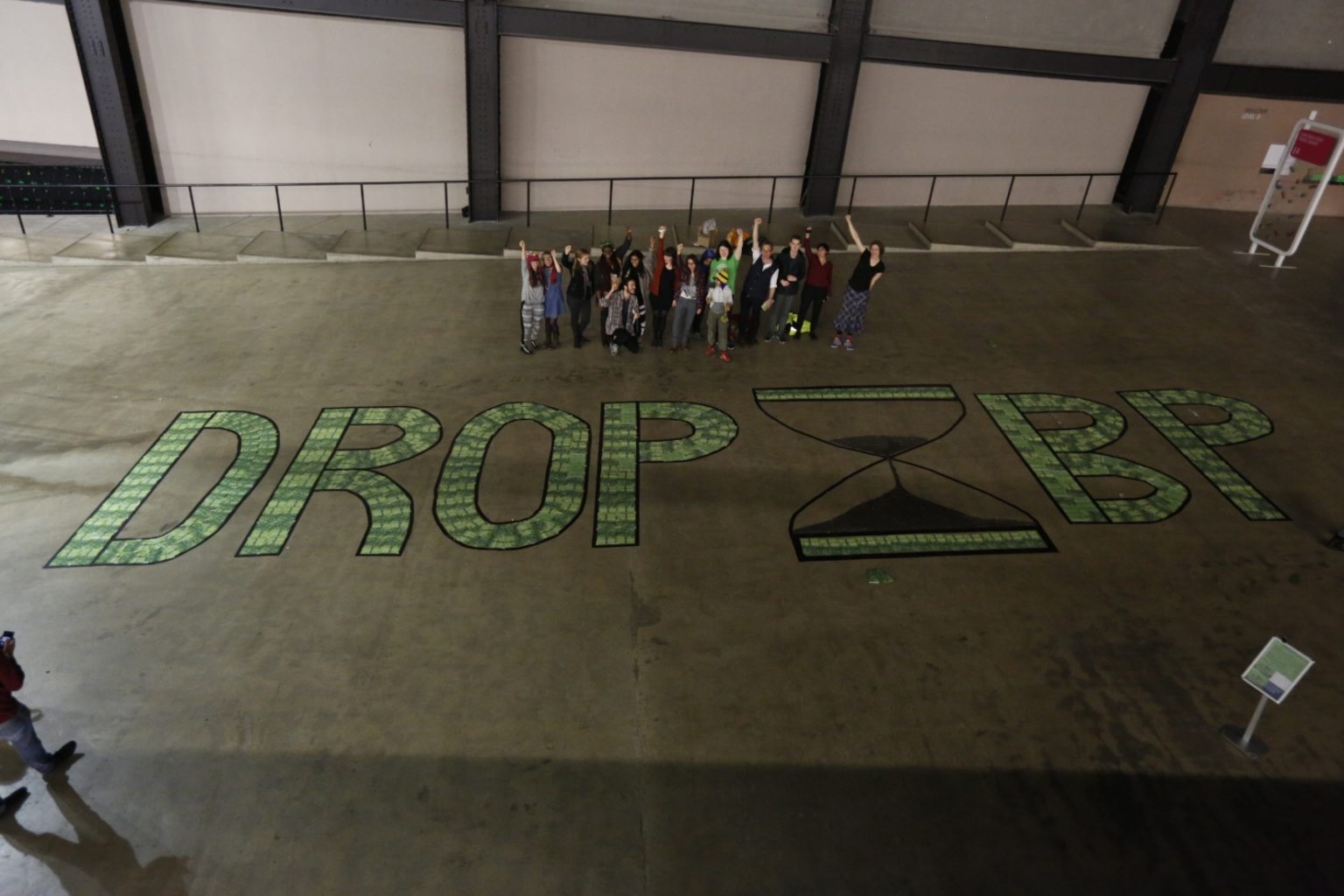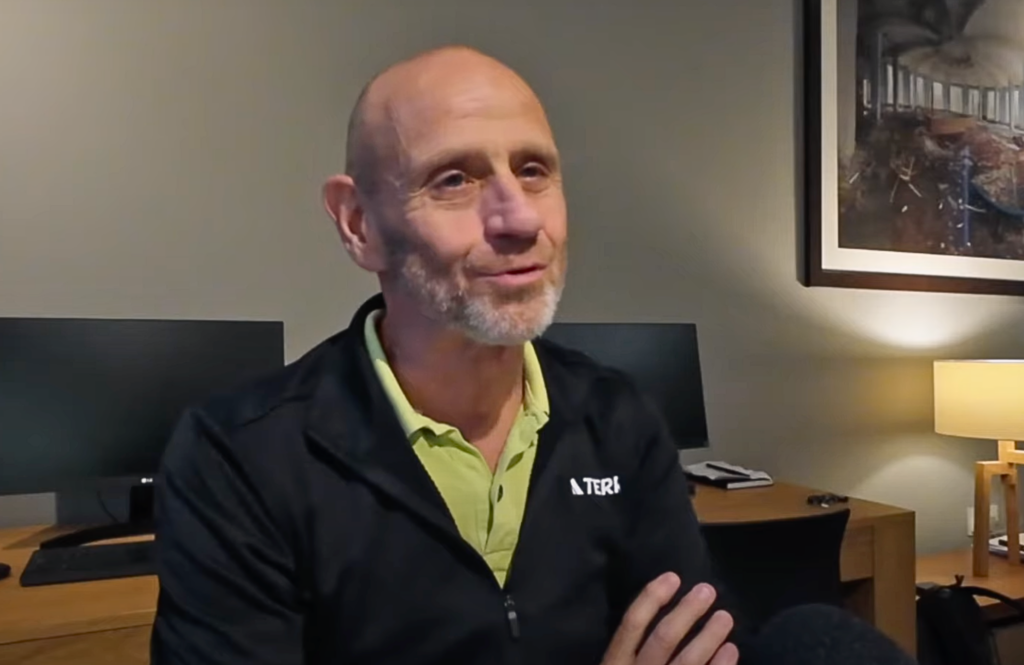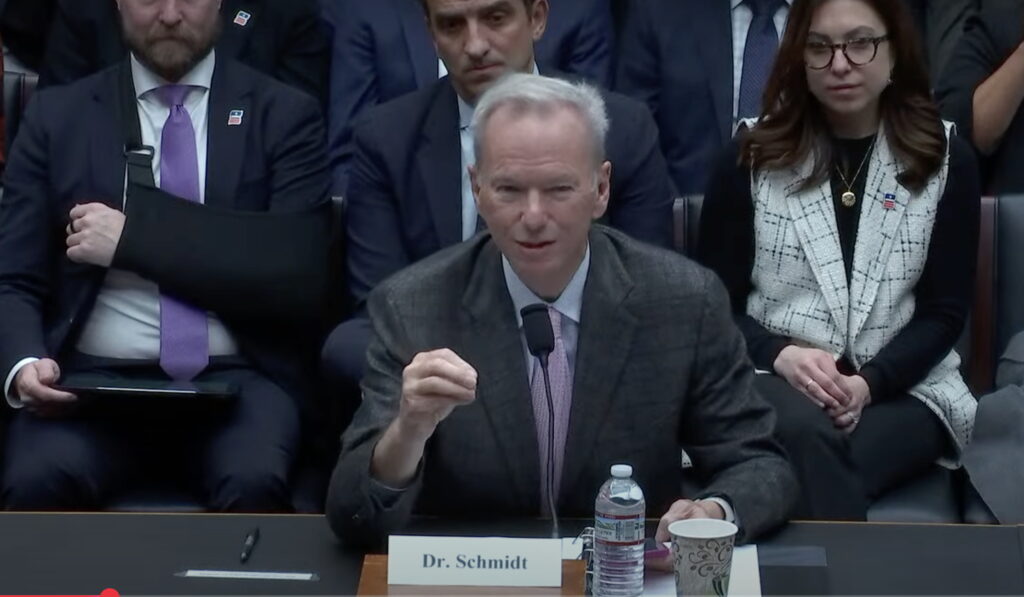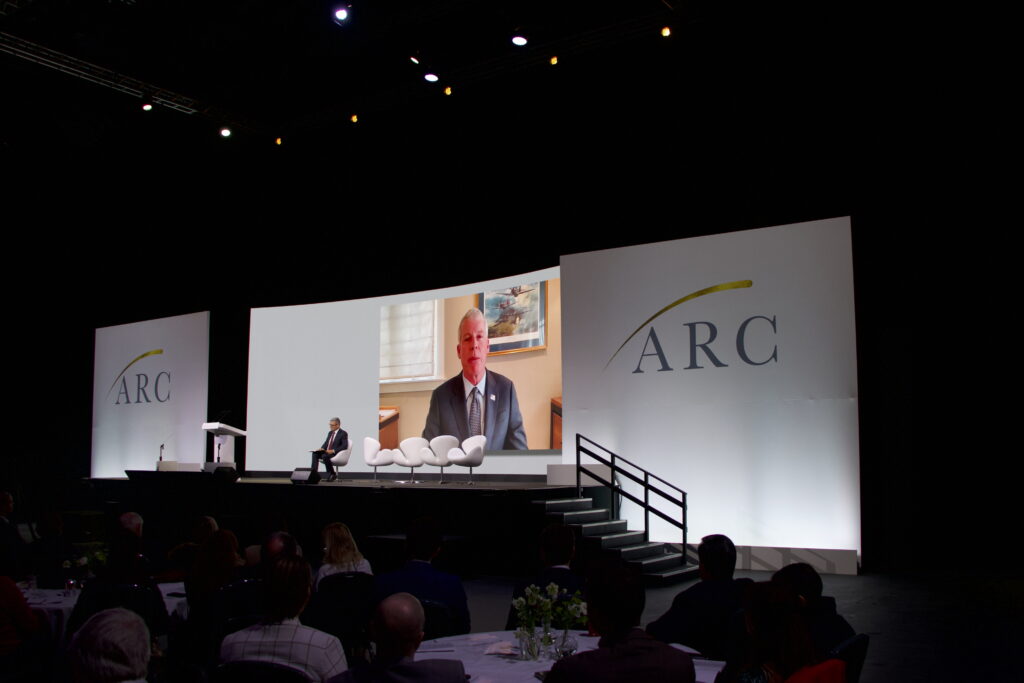Oil giant BP has announced today that it will end its 26 year sponsorship of UK art gallery Tate at the start of 2017.
BP and Tate had been the subject of many environmental protests over the past few years which called for the end of their partnership on ethical grounds.
However, the oil company blamed the “extremely challenging business environment” for its decision rather than the years of protests reports the Independent.
The announcement comes close to the end of Tate and BP’s current five-year contract which art collective Liberate Tate had been calling for Tate not to re-sign.
Yasmin De Silva of the campaign group Liberate Tate said: “We’re thrilled with the news Tate is rid of BP. About thirty years ago, the tide turned on tobacco sponsorship, and now the same thing is happening to the oil industry.
“Of course Tate won’t rub it in BP’s face by acknowledging this decision is the result of the increasing public concern about climate change and the huge number of artists, members and gallery-goers speaking out about against the controversial deal.”
She continued: “BP is a company whose business model depends on trashing the climate, and it shouldn’t receive credibility by being associated with our most-cherished cultural institutions.”
Liberate Tate, along with Platform, Art Not Oil coalition, as well as a growing number of artists, cultural commentators, and art lovers, have campaigned for Tate to end its relationship with BP since the Deepwater Horizon disaster in 2010.
As part of this, BP and Tate ended up in court last year over their controversial partnership when an information tribunal in London ruled that Tate must reveal the financial details of BP’s sponsorship.
This was the result of a Freedom of Information request made by DeSmog UK’s founding editor Brendan Montague in 2012 for the Freedom of Information campaign organisation Request Initiative.
In January 2015, Tate released the figures which showed that BP’s Tate sponsorship represented less than 0.5 percent of Tate’s overall operational budget – between 1991 and 2006 donations increased from just £150,000 to £330,000.
Platform’s campaigner Anna Galkina said: “The end of Tate’s sponsorship deal with BP is hopeful news for us, for the art world, and for everyone whose lives are affected by climate change. BP can no longer use Tate’s art collections to mask or excuse the devastation its operations have caused to people’s lives in Colombia, Azerbaijan, Alberta.
“And the gallery – whether it admits this or not – has taken the best form of climate action it could. We only hope that the British Museum, Science Museum, National Portrait Gallery, and Royal Opera House will follow in Tate’s lead.”
Photo: Martin LeSanto-Smith
Subscribe to our newsletter
Stay up to date with DeSmog news and alerts







